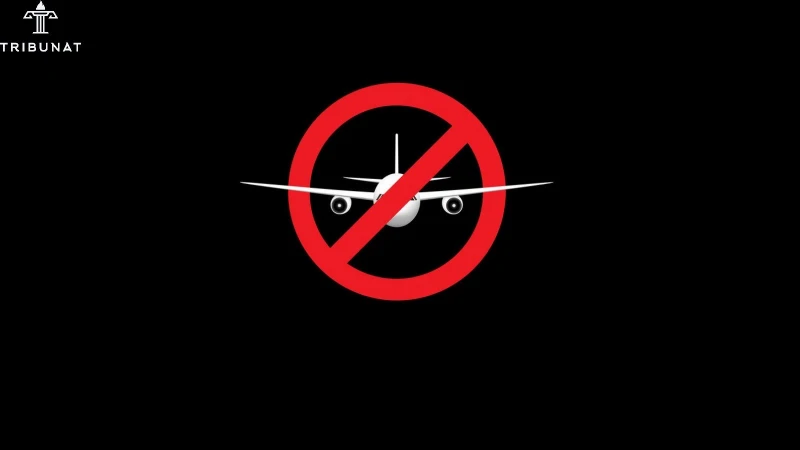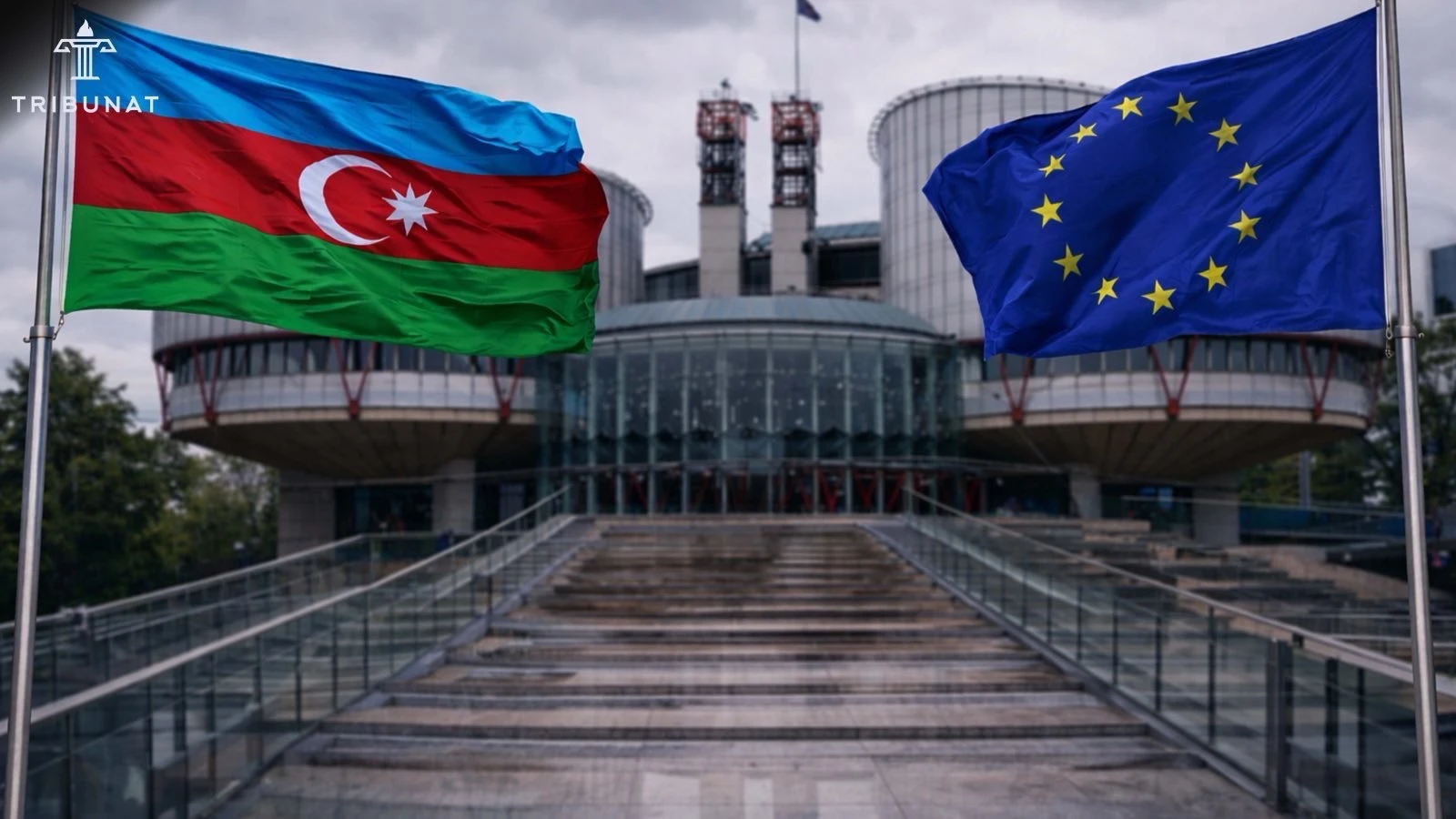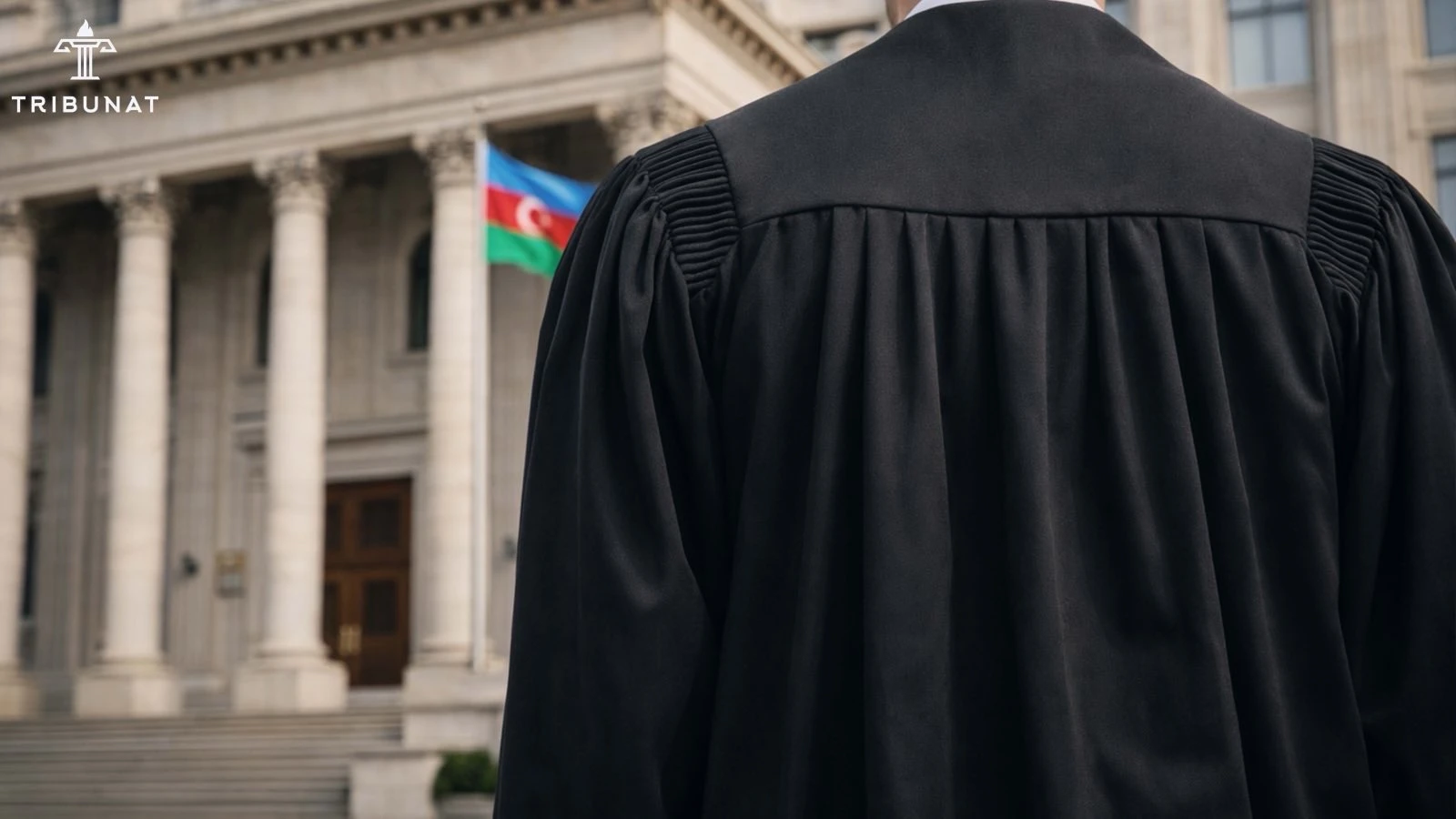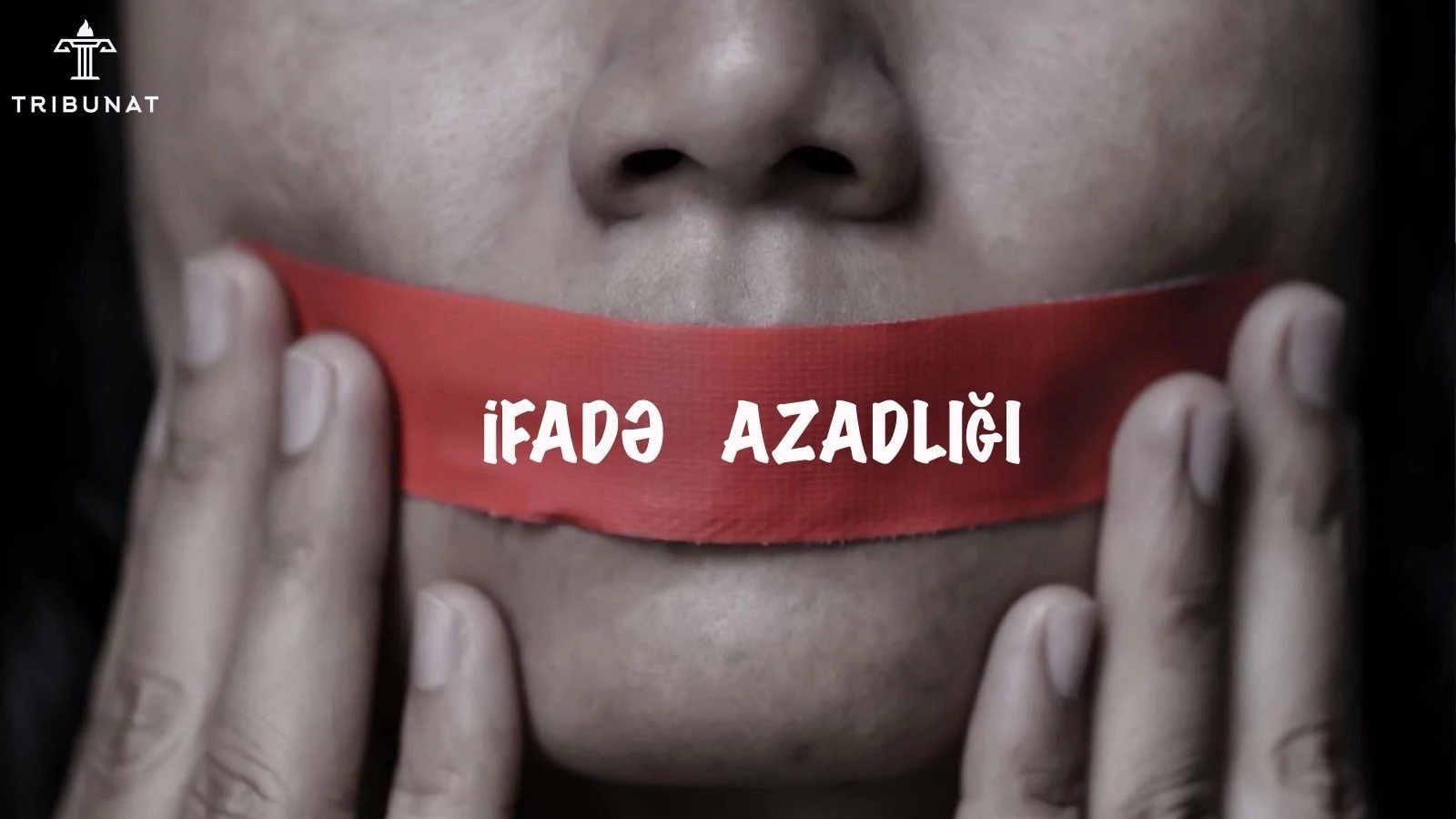The news agency “Turan” reported that the Ministry of Internal Affairs (MIA) has banned Tahira Tahirgizi, the mother of the imprisoned executive director of the “Defense Line” human rights organization Rufat Safarov, from leaving the country.
Ms Tahira was summoned to the Baku Metropolis General Police Department on January 7 to testify as a witness in the criminal case opened against her son. However, she refused to testify. Tahira could not get an answer from the investigative body about why she was banned from leaving the country.
In recent years, Azerbaijani law enforcement agencies have increasingly imposed exit restrictions on individuals who are not participants in criminal proceedings, particularly witnesses.
“Tribunat” has investigated the legality of restricting a witness's right to leave the country.
In the Criminal Procedure Code, a witness is considered a person who is aware of circumstances that are important for a criminal case and belongs to the category of other persons participating in the criminal process (Articles 7.0.29 and 95). She/He may be summoned and questioned by the prosecution during the preliminary investigation or trial, and by the defense only during the trial.
Article 28, paragraph 3, of the Constitution of the Republic of Azerbaijan and Article 2 of Protocol No. 4 to the European Convention on Human Rights, to which the country is a party, guarantee everyone the freedom to leave the country freely. However, this right may be restricted in certain cases. The specific grounds for the cases in which the right of individuals to leave the country may be restricted are determined by Article 9 of the Migration Code, which states that it is inadmissible to restrict a person's right to leave the country on grounds other than those cases.
The mentioned norm specifies the following points regarding who and in what cases may be restricted from leaving the country in connection with the implementation of criminal proceedings:
I- When a person suspected or accused of committing a crime is arrested - until his/her release, when a preventive measure is chosen against him/her - until the expiration of the period of the preventive measure or until the abolition of the preventive measure (Article 9.3.1).
II- For convicted persons - until the completion of their sentence or until their release from the sentence (Article 9.3.2);
III- When compulsory medical measures are applied to them - until the abolition of the application of compulsory medical measures (Article 9.3.3);
IV- When a person is conditionally sentenced or conditionally released from the sentence - until the end of the probationary period or the unserved part of the sentence, respectively, or until the conditional conviction or the duties imposed on them are completely abolished ahead of time (Article 9.3.4);
V- in the case of pregnant women and persons with minor children, when the serving of the sentence is postponed - until the court releases the convicted person from the unserved part of the sentence or until the convicted person serves the remaining part of the main sentence (Article 9.3.4-1).
As can be seen, the list of cases of imposing restrictions on exit from the country is specifically regulated in the legislation and no grounds have been established for imposing restrictions on the exit from the country of persons involved as witnesses in a criminal case.
The process of restricting a person's right to leave the country by the bodies conducting the criminal proceedings is carried out through the electronic government portal in accordance with the Statue on the "Entry-Exit and Registration" Interdepartmental Automated Information-Search System" and the Rules for the Organization of the Operation of the "Entry-Exit and Registration" Interdepartmental Automated Information-Search System".
Within this subsystem, law enforcement agencies are tasked with including information about individuals who are wanted, arrested, involved as an accused in a criminal case, subject to preventive measures, or deported from the Republic of Azerbaijan in the "Border Crossing Restrictions List." They are also responsible for updating the status of this information once the relevant grounds for inclusion no longer exist. Additionally, information about individuals whose rights are restricted is included in the "Entry-Exit and Registration" IASS restriction lists. When the grounds for the restriction are lifted, the status of this information is updated, and the restriction on the right to leave the country is removed.
Neither the Regulations nor the Rules provide for the inclusion of a witness in any criminal case in the “Border Crossing Restriction List”.
The European Court of Human Rights (ECtHR) noted in the case of “Mursaliyev and Others v. Azerbaijan” that the relevant provisions of the Migration Code of the Republic of Azerbaijan, which regulate the right of citizens of the Republic of Azerbaijan to leave the country, reflect an exhaustive list of cases in which this right may be temporarily restricted. However, as can be seen from the text of the above-mentioned provisions of the domestic legislation, none of the cases listed in the Migration Code correspond to the situation of a person who acts only as a witness in criminal proceedings. The Court also noted that the investigative authorities imposed a ban on the Applicants from leaving the country without any court decision and that the domestic courts did not provide any legal basis for imposing a ban on leaving the country against the Applicants. The domestic courts considered the restriction of the Applicant’s right to leave the country justified without referring to any provision of the legislation. In these circumstances, the Court cannot conclude that the interference with the Applicants’ right to leave the country was “in accordance with the law”. This conclusion eliminates the need to determine whether the interference served a legitimate aim and was necessary in a democratic society (see paragraphs 33-35 of the judgment).
In addition, the ECtHR in its decisions on “Intigam Aliyev v. Azerbaijan”, “Saadat Jahangir v. Azerbaijan”, “Mahmudov v. Azerbaijan”, “Ganbarova and Others v. Azerbaijan”, “Resource Center for Democracy and Human Rights and Mustafayev v. Azerbaijan”, and “Karimli v. Azerbaijan” also assessed the situation in question as a violation of Article 2 of Protocol No. 4 to the Convention.
Thus, according to the conclusion of the “Tribunat”, there are no substantive and procedural grounds in the legislation of the Republic of Azerbaijan for restricting the right of a witness to leave the country and allowing this situation is a violation of the right to freedom of movement.
Note: On January 7, 2025, the Ministry of Internal Affairs lifted the ban on the human rights defender's mother's exit from the country.






